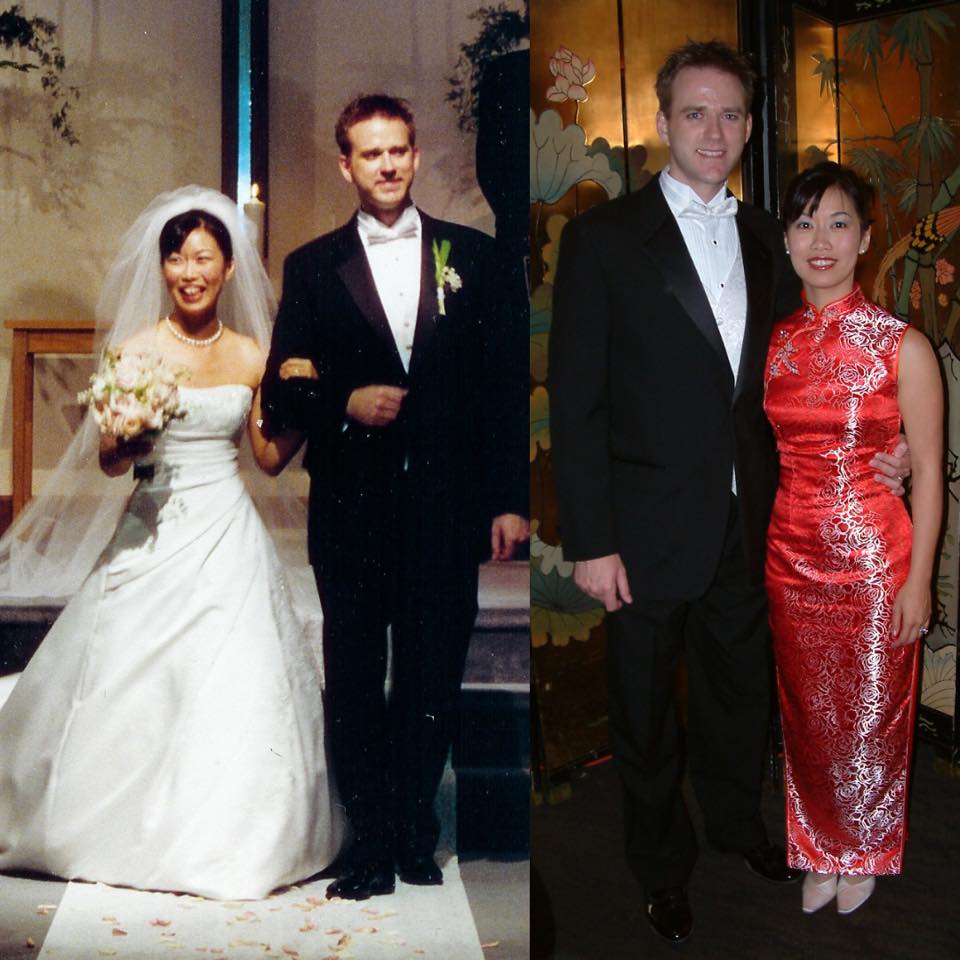A few days ago my youngest child woke me up crying in the middle of the night, perhaps with a bad dream. He’s normally an excellent sleeper. He came to live with us several months ago, and this was the first time he’d woken in the night.
When I walked into his room, he was sobbing loud, gulping cries — the kind where you can’t quite catch your breath. Oh, I’ve been there, buddy. I scooped him up, and we settled into a rhythm, snuggled in the rickety old rocking chair. Right away, he stopped crying, and his agitated breaths settled down. As we rocked in the dark, I stared straight ahead in hopes he’d fall back asleep quickly.
Then, out of the corner of my eye, I noticed he was staring at me. As soon as I saw his face I recognized that look — I’d seen it on the faces of my four other children in the dark of night in that same rocking chair. His sweet face had a soft, relaxed look granting me the power to whisper that everything was okay, to tell him who he is, to restore all things to right-ness. And his eyes held an expectation that I would. So I did.
I whispered to him he was my good boy and that everything was indeed all right. I assured him that he was loved. His eyelids slowly began to fall, even as he kept his eyes on mine. Soon, dark lashes rested on pale pink cheeks, and his breath slowed to an even rhythm, the rise and fall of his belly pressed right up next to mine.
Our little guy came to us when he was two years old. We’d been parents four times over at that point, long accustomed to the wonder of watching a child grow up. But when we welcomed this child through adoption, bringing with him a story that’s only his to tell, we found something new to marvel at.
Attachment, that mysterious, primal mixture of love and need and attunement, doesn’t just happen. Attachment takes intention. It builds moment upon moment, like sand filling an hourglass lifting itself up to the top. Reaching for a hand that you know for certain will be there — well, it takes time to get to the knowing part. It takes being held, being honored, and being heard over and over again.
I held his warm body against my own and let it sink in. Attachment to God works in much the same way. Minute by minute, hour by hour, day by day He responds and attunes to us, renewing the bond and rewiring the mind as He makes all the hard things into something new again.
God reminds us we have a loving Father at every opportunity. It echoes through Scripture right into the rhythm of our own lives because He knows how important it is for us to understand His love is steady and sure. In Psalm 136, the phrase “His steadfast love endures forever” occurs twenty-six times. It’s repeated every other line in every single verse, beating like a thundering drum tapping out a message of stability, hope, and assurance. Powerful and tangible, it’s a phrase to grab hold of.
The Psalm reaches back in time and reminds the reader that the same God who made the heavens and earth, the same God who parted the Red Sea, the same God who made kings and struck — His steadfast love endures forever. It covers the past like a blanket, the hard parts and the wonderful parts, the threads weaving in and out of our experiences creating a tapestry He does not want us to miss. Forever means past, present, and future, and His steadfast love covers it all. It’s an integral part of each of our stories — in fact, it’s the most important part.
God will love us forever. He will tell us who we are, and He will let us attach to Him. We can know the feel of His arms, the sound of His voice, and the depth of His heart because He uses every verse, every story, to remind us that we are His Beloved.
When the tears come, when the hard parts of our stories do their worst, He is there in the darkest hour of the night. We can trust Him, and we can be expectant that His arms will encircle us, reminding us who we are in His love.




